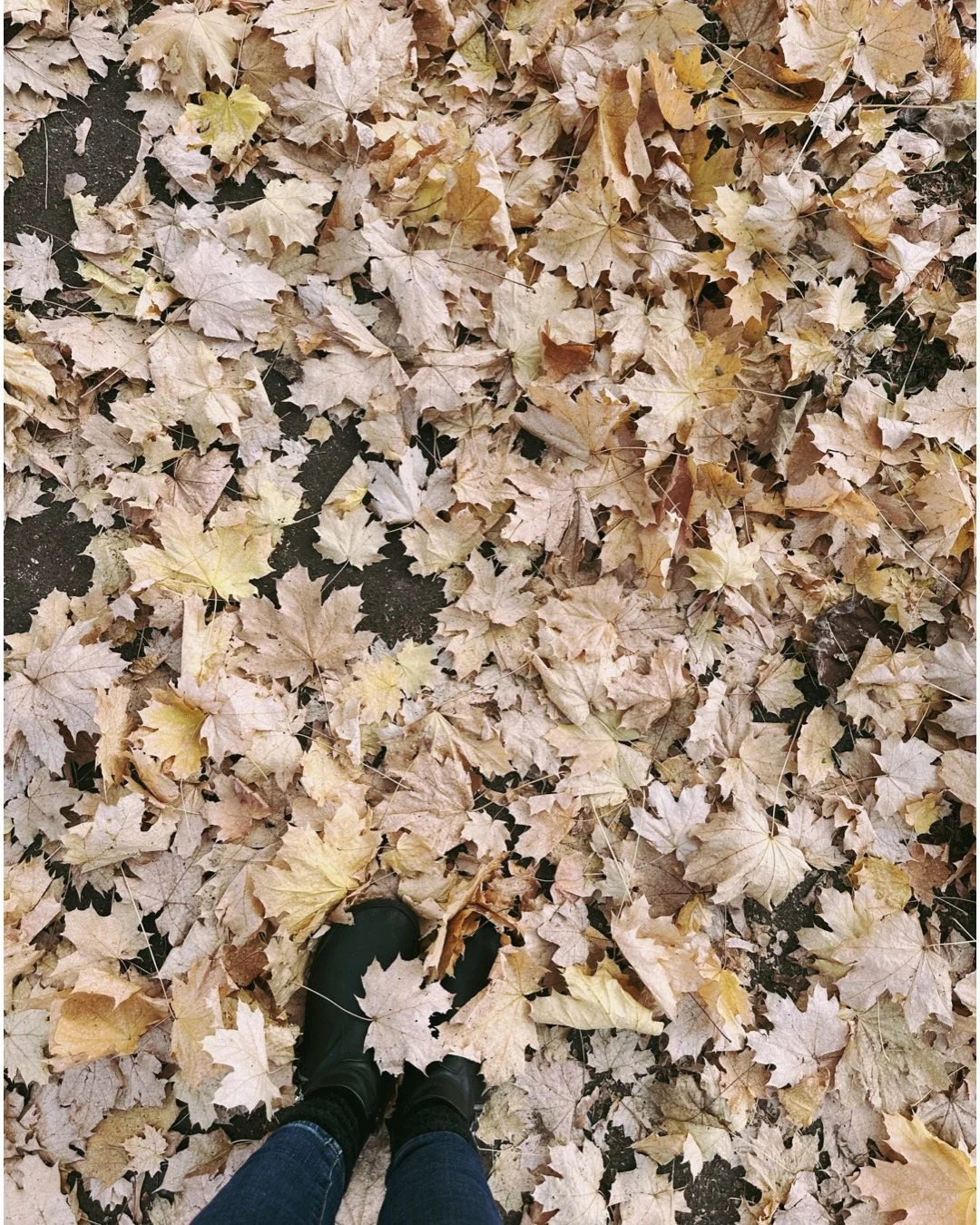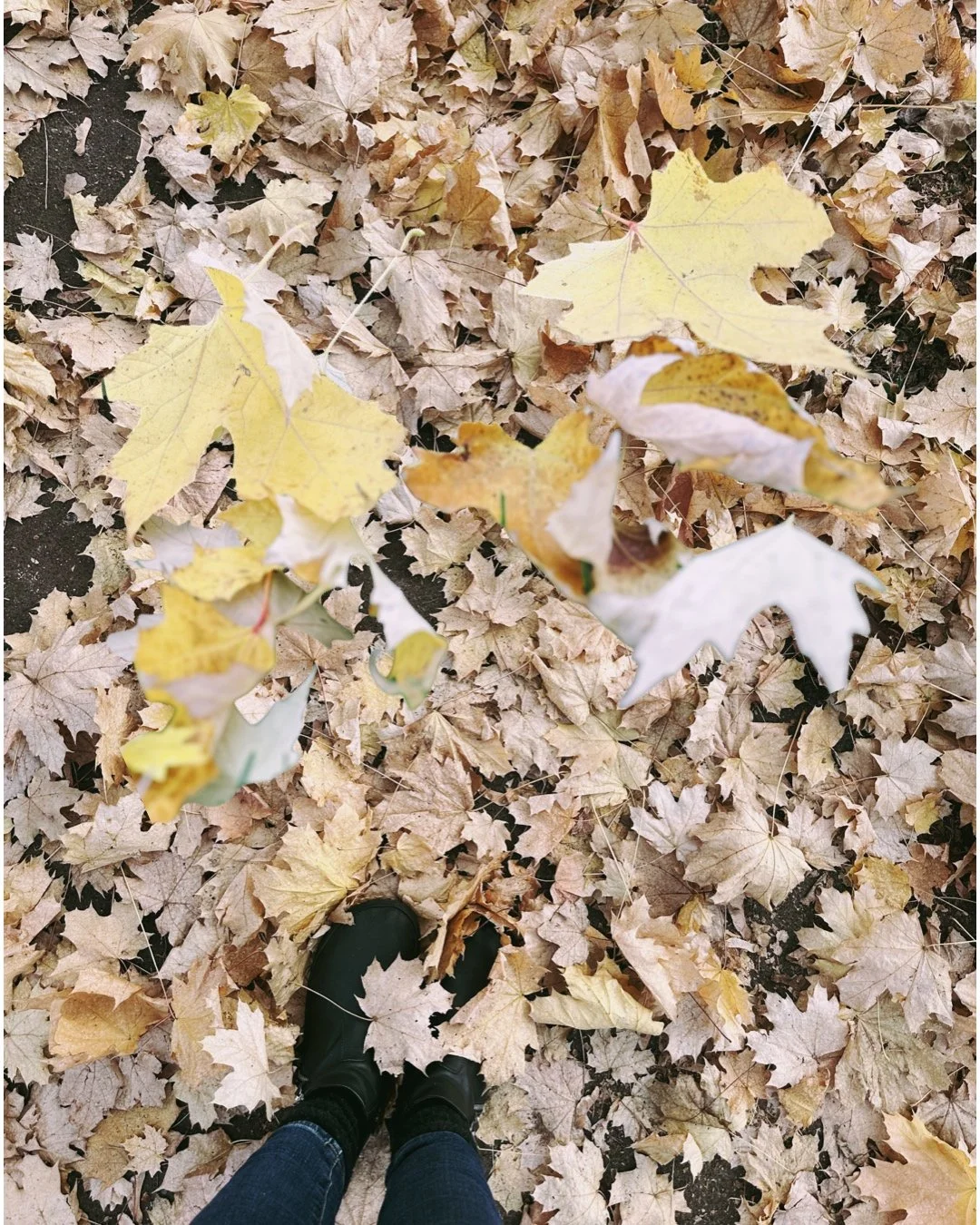Flyin' like a fast train, I don't feel a thing
'Til when I pull into my station
I just crash and burn
— Kurt Vile
Back in the land of magnolias after a breathtaking weekend in Walla Walla, Washington, where I had the opportunity to yammer on and on about apostrophes and poetry and My Heresies for the Visiting Writers Reading Series at Whitman College, as curated by the marvelous Katrina Roberts for 25 years now. A decade ago, Katrina culled an anthology of anecdotes, craft notes, confessions, and conversations in dialogue with the many writers who have participated in the Whitman Reading Series — and it rustles through my brain like maple leaves and autumn fires.
Mark Strand responded to Katrina’s questions with a poem, and I love that she published it in its original, epistolary form, as an apostrophe to the poet’s diary. . . a few additional notes— and some music — and of course photos from the descent of color and cloudscapes.
ANTHONY DOERR on writing what you “know”
On many levels, ‘write what you know’ is limiting, inhibiting, stunting advice. Does that imply that as a forty-year-old bald male Idahoan, I should only write about forty-year-old bald male Idahoans? What do most forty-year-old bald male Idahoans really know about themselves anyway? I believe we should be urged to write toward what we don't know; we should fumble toward the mysteries, the things we can't articulate but believe are there, intuit are there. Maybe we start with what we know, if what we know is how it feels to rob a convenience store, or how to brew beer, or how to cross a frozen lake behind ten sled dogs, but then we start working in the opposite direction, away from things that are comfortable, familiar, known. We should use our sentences as engines to drive us towards the infinite universe of things we don't know. Otherwise we're not learning, and if we're not learning, why bother? […] Ultimately what I think we have to do is investigate. We have to try to skate away from the familiar and known, and push toward those shadows which are by their very nature unknowable: death, love, cruelty, the other. We should move away from familiar structures of language, of paragraph, of narrative, even as we stand upon them; we should write what we hope to know, and write it using structures we did not fully know when we began. In that way, I think, writing is an education, a kind of ‘knowing’ that never ends. At least I think it is. I don't really know.
JOANN BEARD on nonfiction, memory, and the boundaries between truth and fiction:
Because so much of my writing is based on memory— even the stuff about other people—- I have trained myself to remember. It isn't that hard, but it's time consuming and takes dedication; one memory fragment will lead to another and to another. For your previous question I spent a lot of time remembering what it was like to play dolls with my cousins, even though none of it made it into my answer. Those particular childhood memories feel very true and I trust them, but I'm no fool. (Or, no fool about this, anyway.) Memory will lie as often as it will tell the truth. I once included in a short story an anecdote that was based on a harrowing experience I had in my early 20s. When my friend, who was there for the harrowing experience, read my account of it, she said: Yeah, that's exactly what happened, all except you weren't there. I wasn't? I thought it was me, simply because her storytelling skills were such that I saw it and felt it so vividly that it became part of my own database of scary things you don't know can happen until they are happening.
CHRISTIAN WIMAN on prose, heresy, and (heart throbbing) one of my favorite thinkers
Once after a reading a woman stood up amid a very large crowd, read a passage out of some prose I had written, and said, “How do you feel about being a heretic?” What I should have said is that there are no heretics, or that there are only heretics; that humans-mere and mirrored creatures that we are— move toward god in language, and to speak language is to profane him. I should have said that I grew up in a land god held in the very palm of his hand, lifting us all up lovingly to the light, breathing over us his tender winds, and then, almost as an afterthought, periodically crushing it all to dust. I should have said how does one praise a god in whom one does not believe, and how does one believe in a god whose only evidence of existence is one's insatiable and perhaps insane desire to praise. I should have said that “no human being possesses sureness of self: this can only mean being bounded and unbounded, selved and unselved, sure' only of this untiring exercise. Then, this sureness of self, which is ready to be unsure, makes the laughter at the mismatch between aim and achievement comic, not cynical; holy, not demonic. This is not love of suffering, but the work, the power of love, which may curse, but abides. It is power to be able to attend, powerful or powerless; it is love to laugh bitterly, purgatively, purgatorially, and then to be quiet.” The quote is from the English philosopher Gillian Rose. The book is Love's Work.
ROBERT OLEN BUTLER answering the question: “What is a short short story and how is it different from a prose poem?”
To be brief, it is a short short story and not a prose poem because it has at its center a character who yearns.
Fiction is a temporal art form. Poetry can choose to ignore the passage of time, for there is a clear sense of a poem being an object, composed densely of words, existing in space. This is true even when the length of the line is not an objectifying part of the form, as in a prose poem. And a poem need not overtly concern itself with a human subject. But when you have a human being centrally present in a literary work and you let the line length run on and you turn the page, you are, as they say in a long storytelling tradition, "upon a time'" And as any Buddhist will tell you, a human being (of a "character") cannot exist for even a few seconds of time on planet Earth without desiring something. Yearning for something, a word I prefer because it suggests the deepest level of desire, where literature strives to go. Fiction is the art form of human yearning, no matter how long of short that work of fiction is.
James Joyce spoke of a crucial characteristic of the literary art form, something he called the epipbany, a term he appropriated from the Catholic Church meaning, literally, "a shining forth." The Church uses it to describe the shining forth of the divinity of the baby Jesus. The word made flesh. In literary art, the flesh is made word. And Joyce suggests that a work of fiction moves to a moment at the end where' something about the human condition shines forth in its essence.
I agree. But I also believe that all good fiction has two epiphanies. There is the one Joyce describes, and there is an earlier epiphany, very near the beginning of a story (or a novel), when the yearning of the character shines forth. This does not happen in explanatory terms but rather is a result of the presence of that yearning in all the tiny, sense-driven, organically resonant moments in the fiction, the accumulation of which reaches a critical mass which then produces that shining forth.
And because of the extreme brevity of the short short story, these two epiphanies often even typically— occur at the same moment. The final epiphany of a literary short short is also the shining forth of the character's yearning. It has been traditional to think that a story has to have a "plot" while a poem does not. Plot, in fact, is yearning challenged and thwarted. A short short story, in its brevity, may not have a fully developed plot, but it must have the essence of a plot, yearning.
MAT JOHNSON answering the question “What do you dislike about writing?”
One thing: the time. The time it takes to create something worth anyone but yourself reading it. Every book you see lined up on the shelf is an artifact of a beautiful day that was not enjoyed, a conversation that was never conducted, a moment in the world not experienced. And it's not just the time I sit at my computer puttering away; it probably takes me less than a year of workdays to actually write a novel. The typing time is just the more final, literal part of a process which consumes my life. When I wake up and lie in bed, as I shower, as I dress, eat breakfast, and go through almost every task of the day until I lay down again, I'm thinking about my novel. My wife has learned to recognize the signs on my face when a random thought sets me off into literary land, and I become distant from the world while one of the tiny pieces clicks into place. Because that's what the novel is, in my head: a puzzle. A giant multidimensional swirl of puzzle pieces that I have to slowly decipher . . .
KATIE FORD answering the question “How do you know when to break a line?”
Recently, a Russian friend of mine, also a poet, said to me, “I think you have a different sense of the line than I do.” Line breaks are, to some degree, determined by the language and culture and the conventions of both. If you were to study eastern European poets, for example, you'd find that the line break of Czeslaw Milosz is far different from the line break of the American poet Allen Ginsberg (although that's an extreme example), the line break of a Korean writer utterly more spare than that of the wonderful emerging poet, Natalie Diaz, whose long, full lines nearly overwhelm a reader with their painful realities of living as one of America's native people, on and off of an impoverished, but vibrant, Mohave reservation. So, there are boundless choices. My line breaks are largely intuitive now. Sometimes a line can only bear so much. Then you must break. Sometimes pressure put on a last word will double or triple the meaning. Then you must break. Sometimes the break creates a hovering, spooky enjambment. Then you must break. Sometimes the breath can go no further. Then you can break, unless you want to break the voice, which is often necessary. Sometimes the line, when broken in a particular place, makes a meaning otherwise absent from the poem. Then you can break, unless the meaning is absolutely ridiculous.
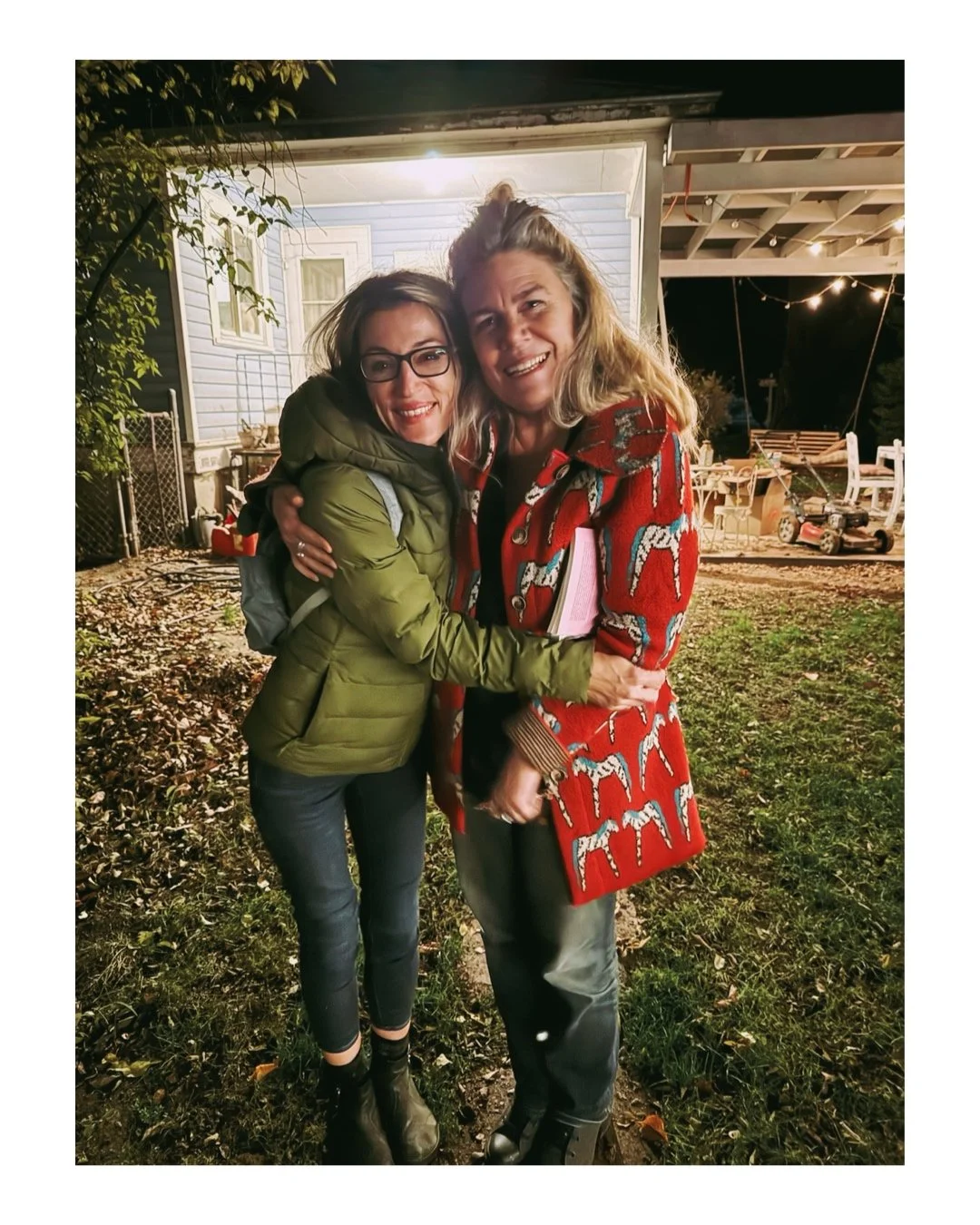
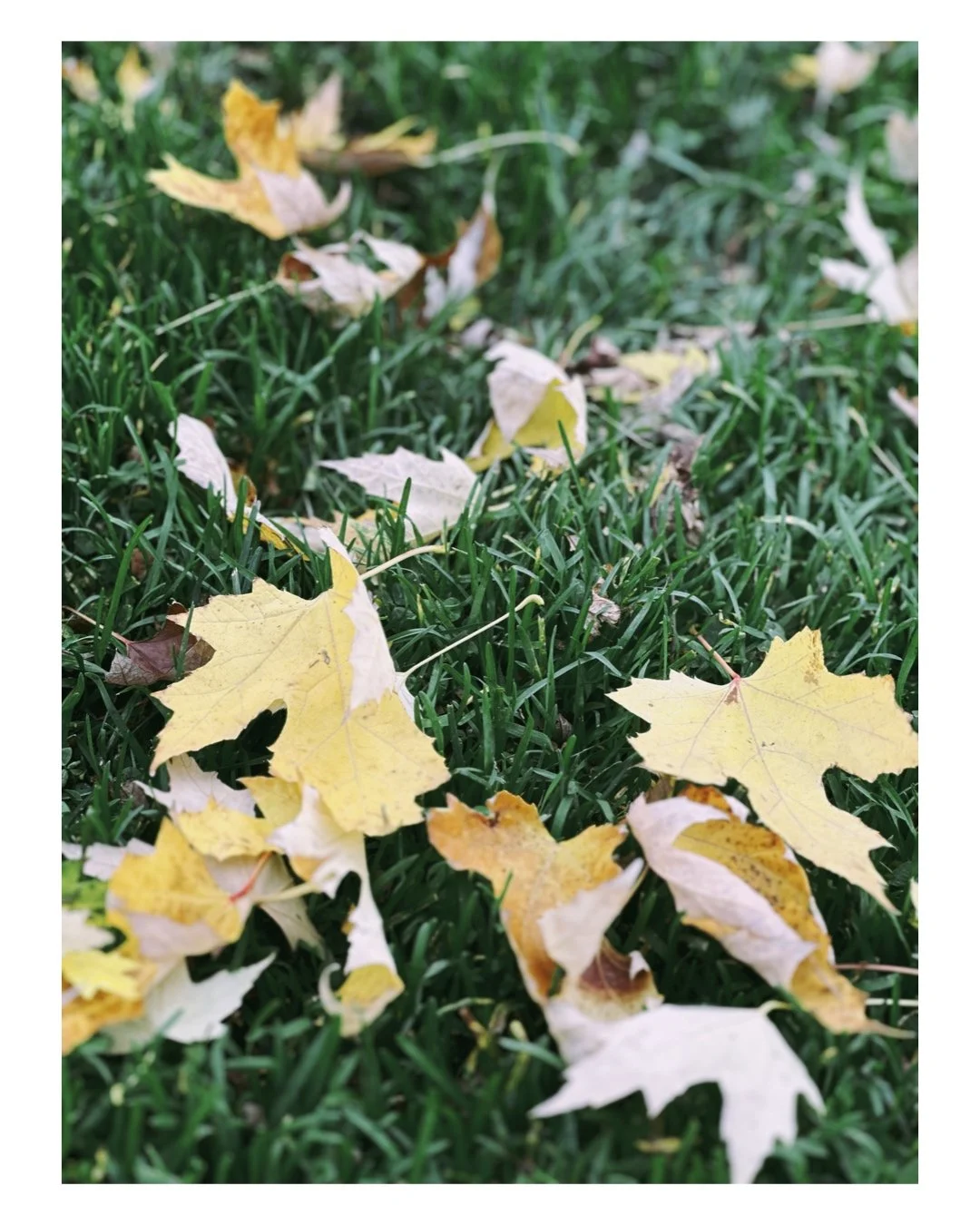
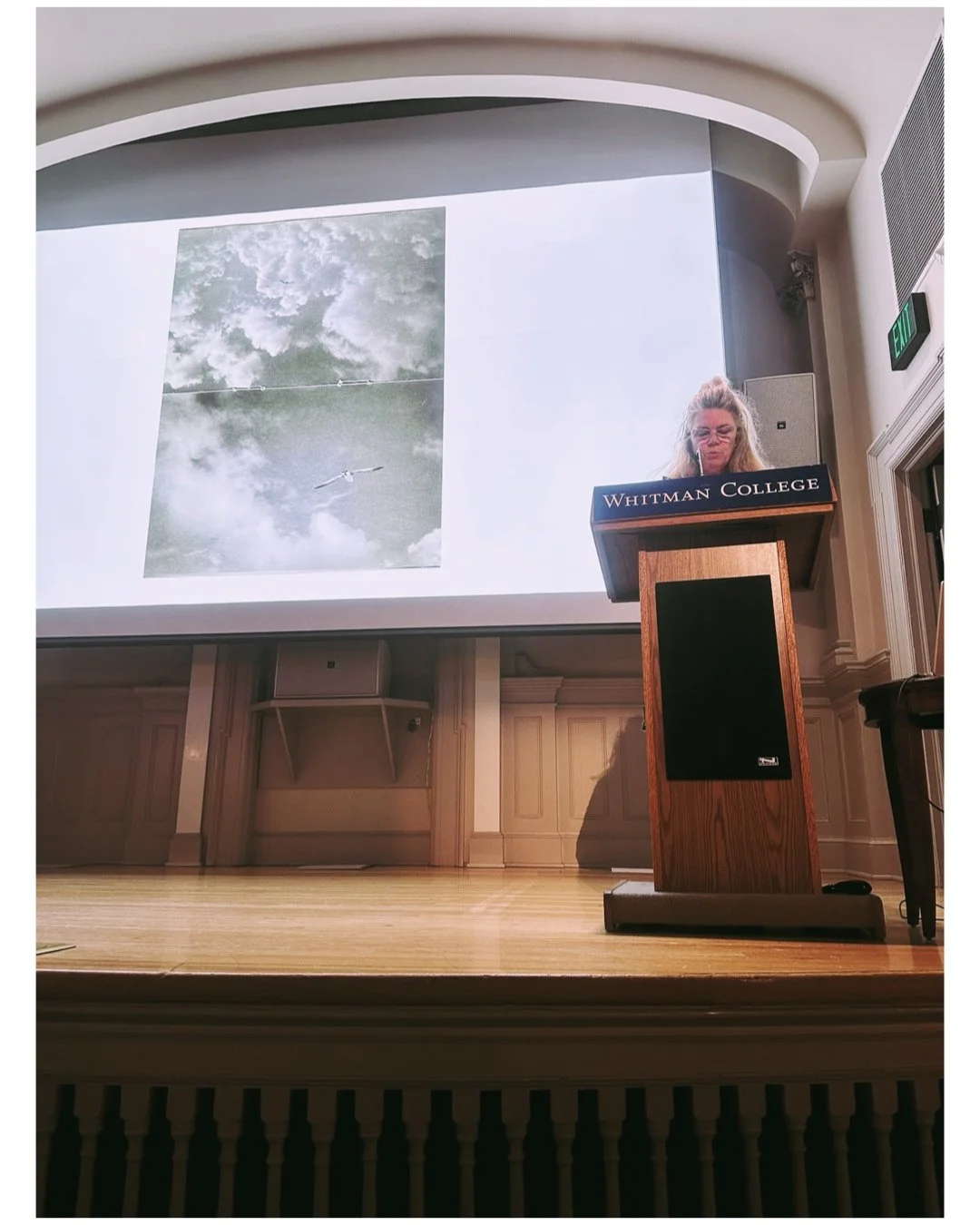
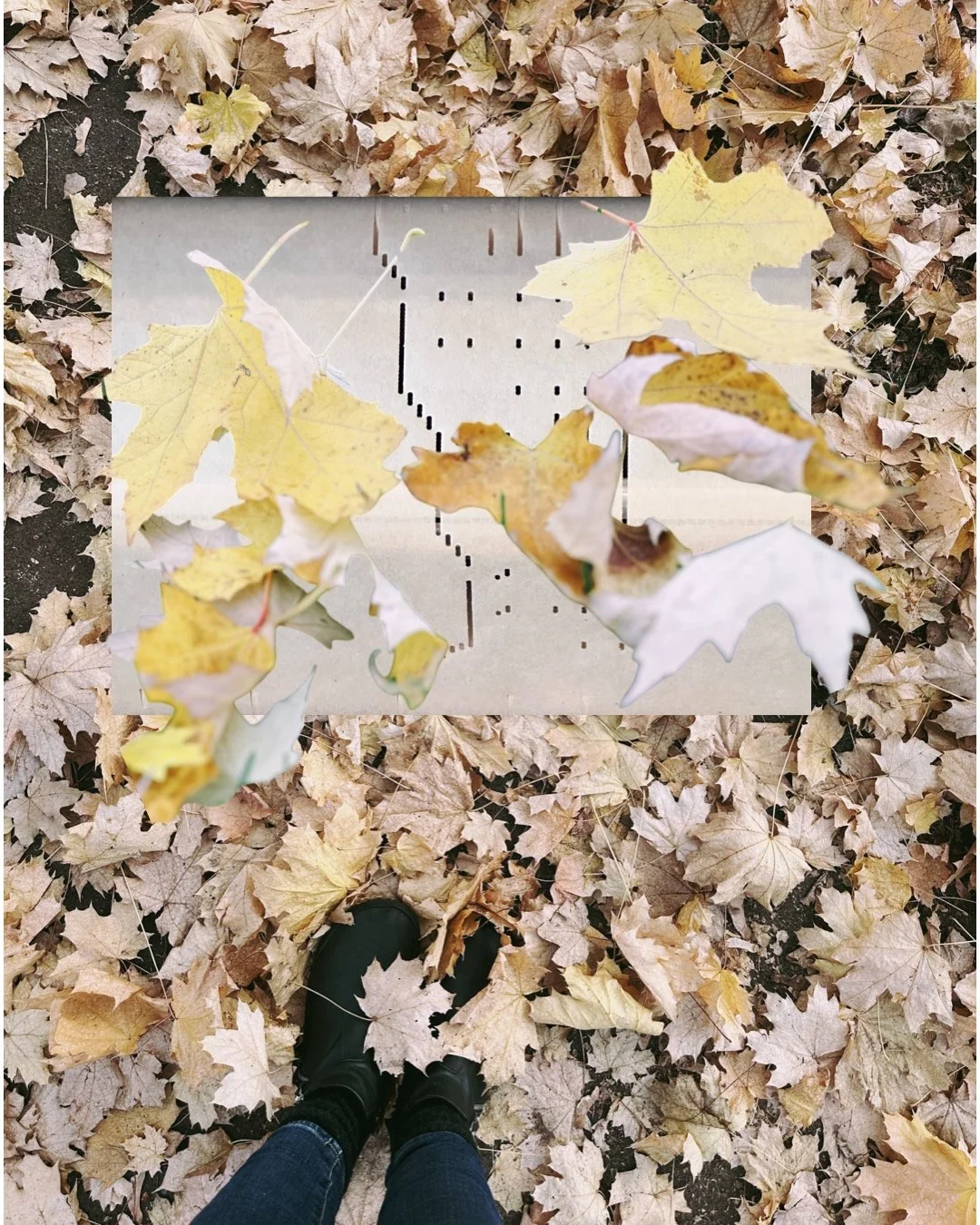


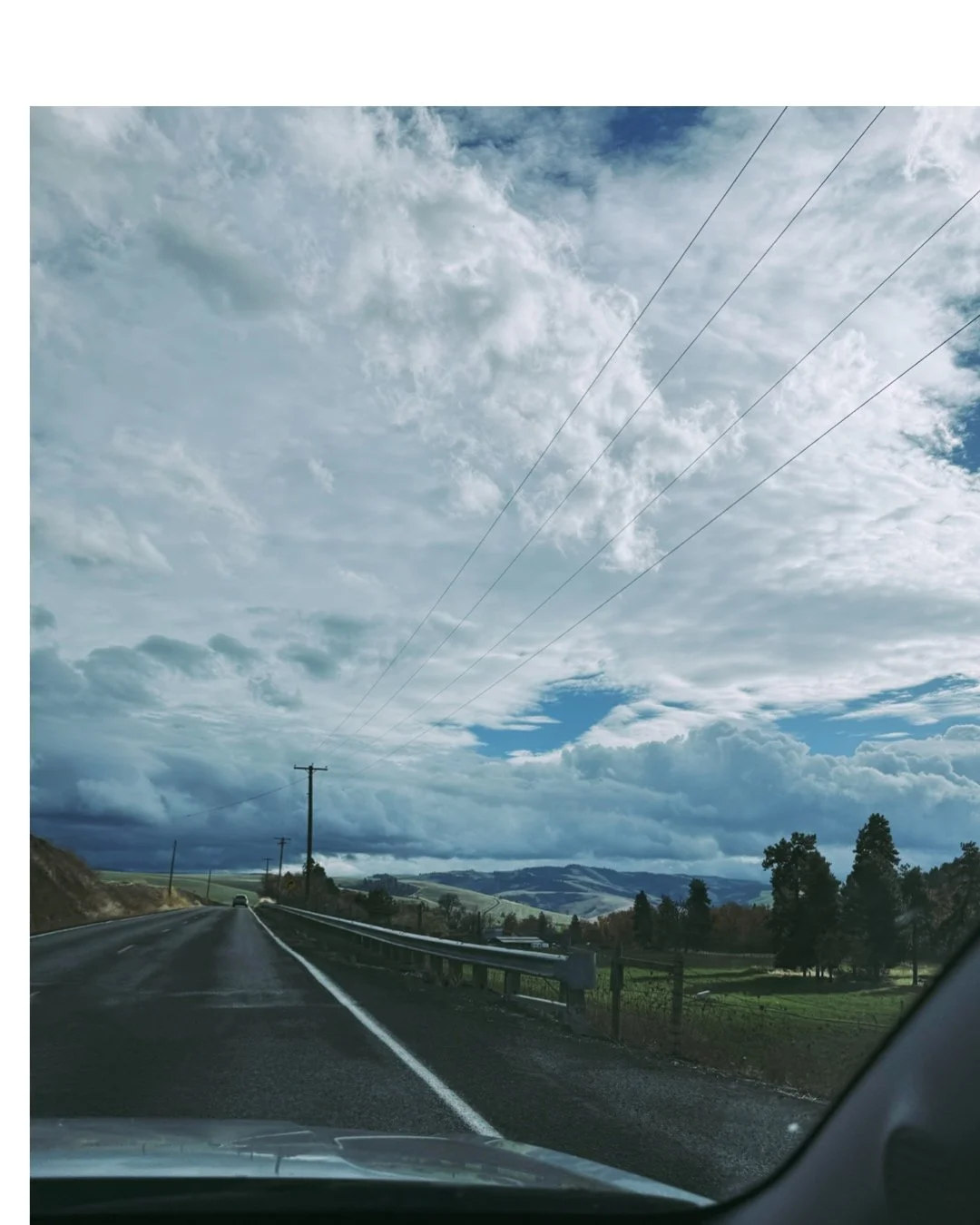

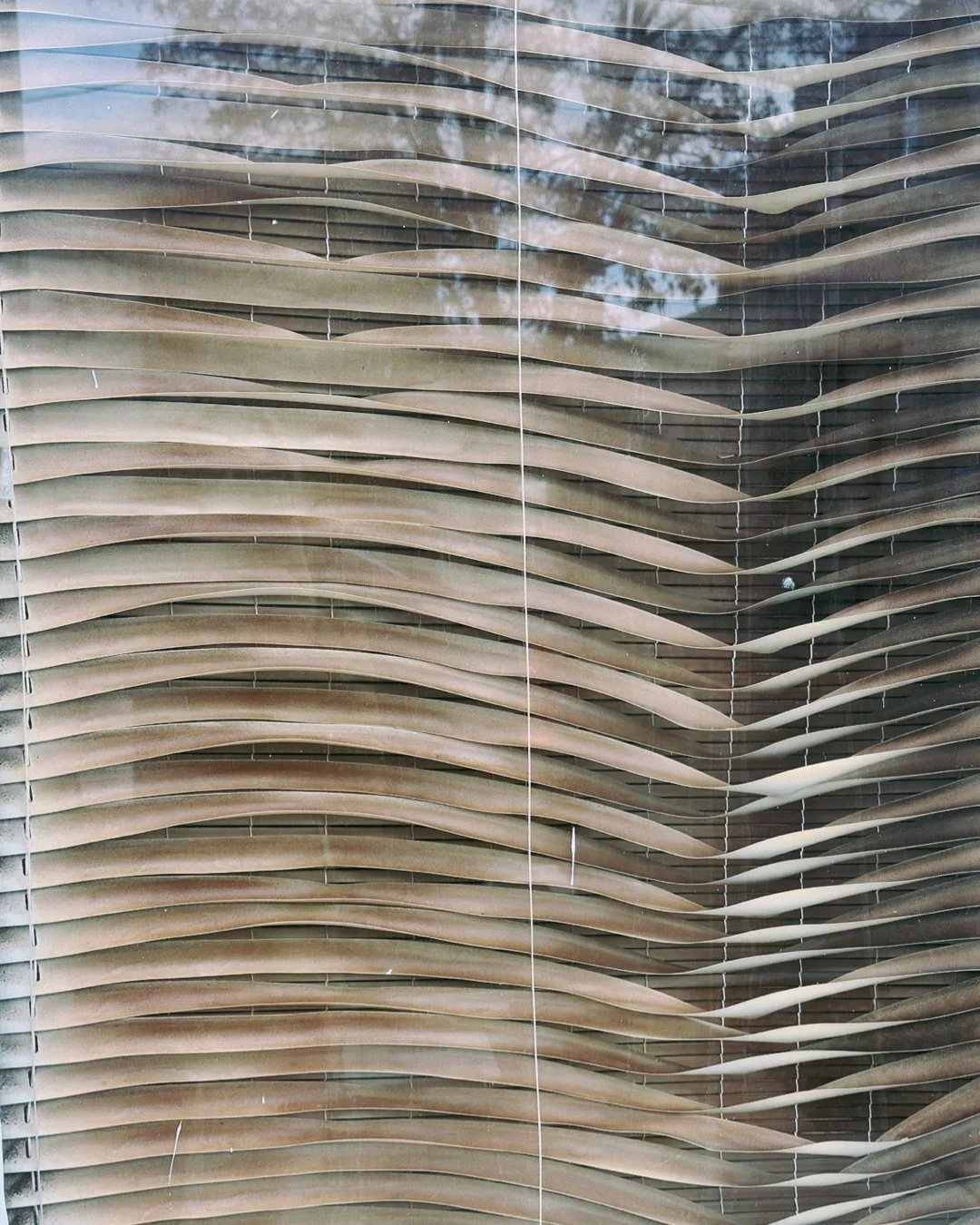

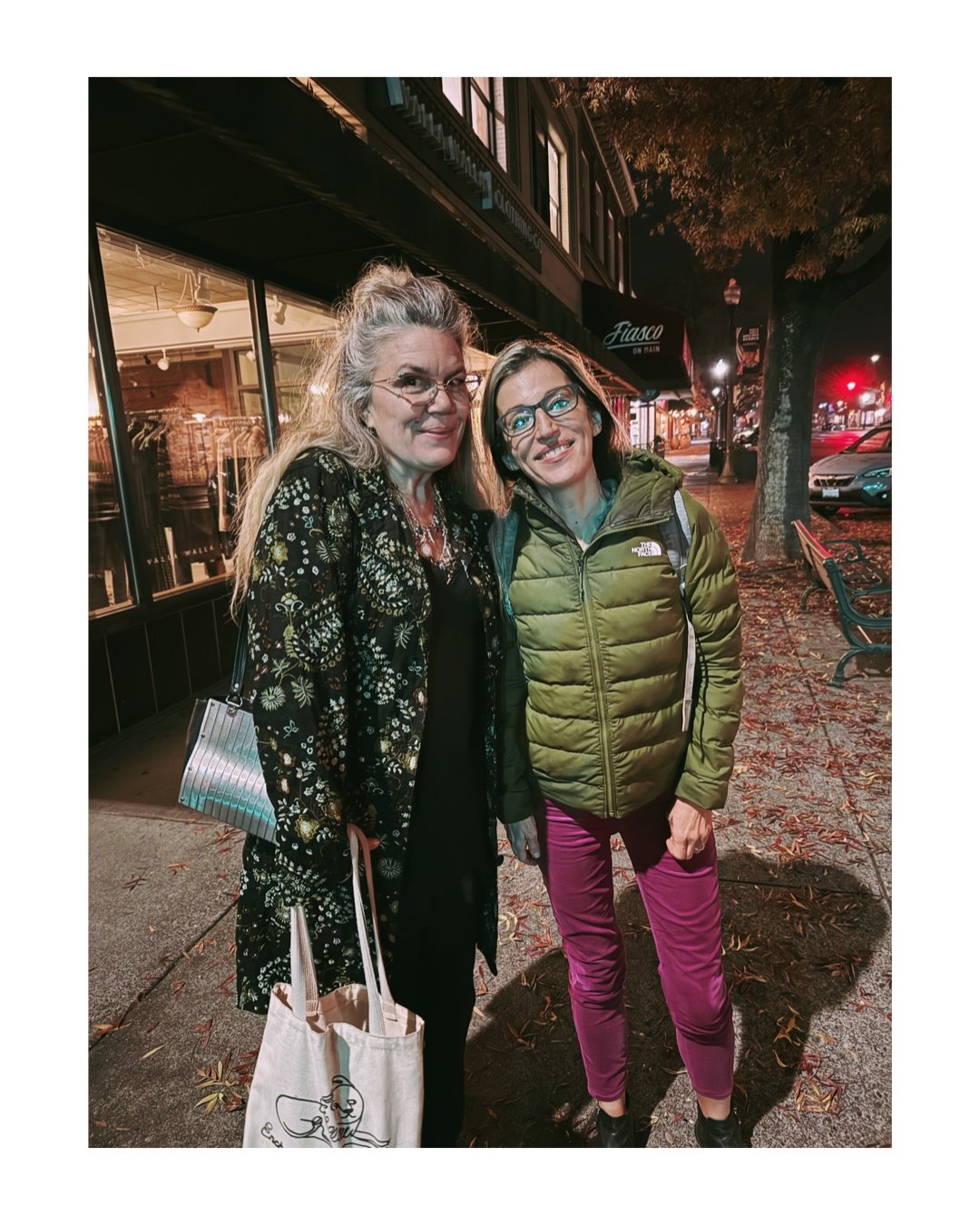

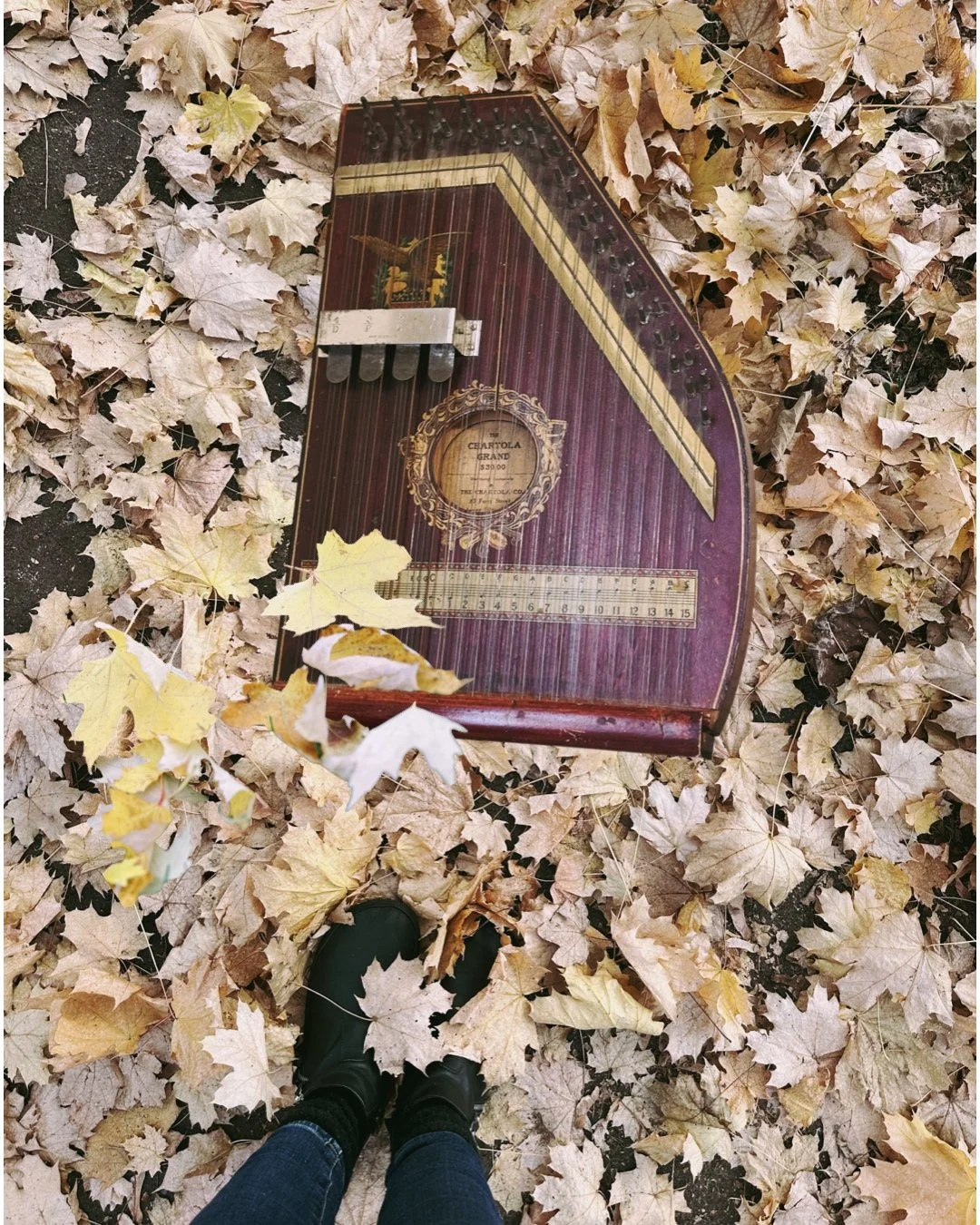
Second verse same as the reverse . . . standing on top of the world when it started to burn
- Kurt Vile
*
Katrina Roberts, ed. Because You Asked (Lost Horse Press, 2015)
Kurt Vile, “flyin (like a fast train)”
Kurt Vile, “Like Exploding Stones”
Kurt Vile, “Palace of OKV in Reverse”
Kurt Vile, “Say the Word”
